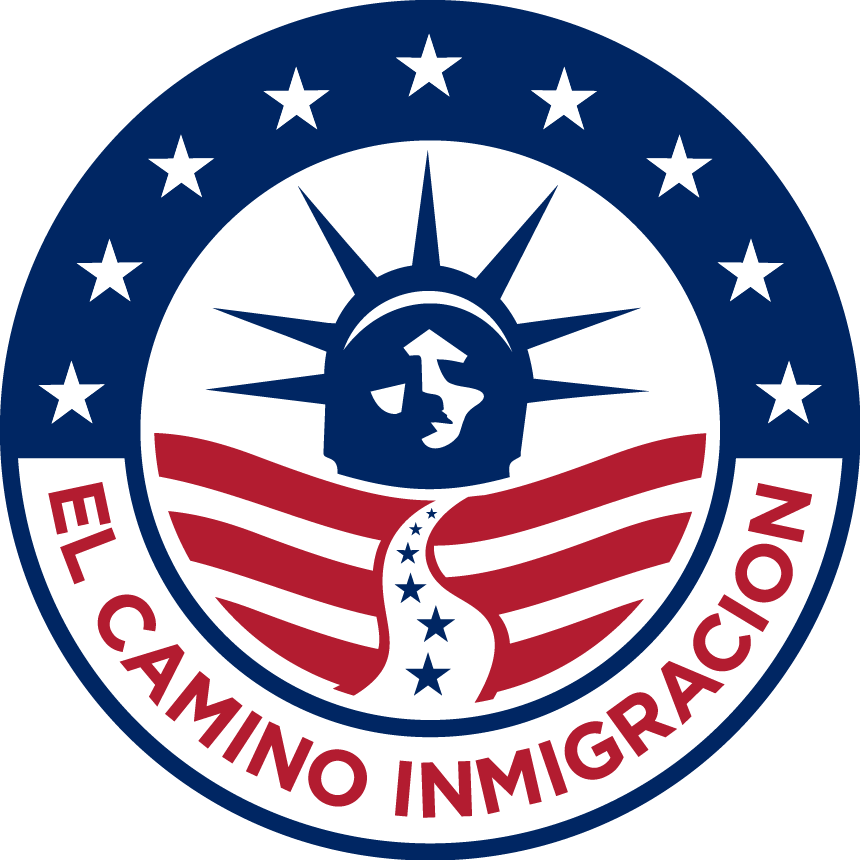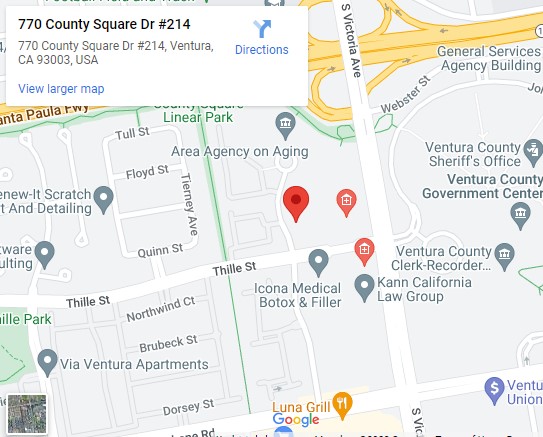Bringing Your Family to the U.S.
Many Americans have relatives who reside in foreign nations and are unsure if they can bring them over. The misconception is that one immigrant can obtain green cards (permanent residence) for their extended family and other relatives.
In this article, we briefly discussed the following topics that can help you in helping your family members immigrate to the U.S. through sponsorship:
- Who Can I Help Immigrating to the U.S?
- How Long Should My Relatives Wait?
- Important Steps for Family or Marriage-Based Green Card Applications
Who Can I Help Immigrating to the U.S?
Only U.S. citizens or permanent residents are eligible to petition to sponsor family members for immigration to the country (green card holder).
Sponsoring According to Age and Status
- If you are a U.S. citizen age 21 or older, you can petition your parents, which falls under the immediate relative category.
- If you are a U.S. citizen at least age 18, for financial sponsorship purposes, you can petition a spouse and minor, unmarried children falling under the immediate relative category.
- If you are a U.S. citizen, you may petition married children or adult children. They will fall under 1st or 3rd preference relative.
- If you are a U.S. citizen age 21 or older, you may petition your brothers and sisters falling under the 4th preference relative category.
- If you are a U.S. permanent resident, you may petition your spouse and unmarried children falling under 2nd preference, 2A, and 2B relative categories, respectively.
How Long Should My Relatives Wait?
Immediate relatives are eligible for green cards without worrying about visa waiting times or numerical restrictions. (There will be a long wait until the petitions are actually processed by USCIS and, subsequently, the State Department.)
Priority relatives frequently have to wait a certain number of years before being able to submit a visa or green card application.
Each year, only a specific proportion of the green cards in the preference categories are awarded to any nation. As a result, if a disproportionately large number of persons from a specific nation file petitions for family members—as is frequently the case with India, Mexico, China, and the Philippines—their relatives will have to wait even longer than other families.
Annual Caps on the Issuance of Green Cards or Immigrant Visas
No one can estimate how long each candidate in a preference category will have to wait because there are annual caps on the number of green cards (immigrant visas) that can be issued as well as the unpredictability of how many petitions will be submitted each year. The only thing we can be certain of is how long those who are now waiting in front of the line have been doing so.
Important Steps for Family or Marriage-Based Green Card Applications
Numerous procedures are involved in the application process to reunite foreign-born people with their family members who reside in the United States. Some of these are handled mostly by their “petitioners”—often referred to as “sponsors”—who are U.S. citizens or permanent residents, while others are handled primarily by the prospective immigrants themselves. For a summary of the steps, continue reading.
- U.S. citizen or permanent resident submits a visa petition
The process must be started by a U.S. citizen or permanent resident relative, and it simply entails giving U.S. Citizenship and Immigration Services (USCIS) of their desire to sponsor an immigrant and evidence of the validity of the familial connection.
This is often done by mailing the USCIS a document known as a visa petition on USCIS Form I-130, along with the necessary fee and supporting documentation (such as a birth or marriage certificate and proof of U.S. citizenship or resident status).
- USCIS Decides on the Visa Petition
If USCIS clearance is required in this instance to proceed, be ready to wait several months (or perhaps years) for that approval. Or, USCIS might reject the petition, in which case the best course of action is normally to identify the issue and, if it can be resolved, submit a fresh petition.
Following acceptance, USCIS will forward the case file for the immigrant to the National Visa Center (NVC) for additional processing.
In situations involving family relatives, the NVC will provide further papers to the U.S. petitioner immediately (usually requesting proof of financial capacity to sponsor the immigrant in the form of USCIS Form I-864). The case file will then be forwarded to the relevant American consulate in the immigrant’s place of origin.
- Hold off until a visa is available.
“Preference relatives,” such as wives and kids of green card holders and married kids or siblings of citizens of the United States, may not always be qualified for a green card immediately away. The supply rarely keeps up with demand since the law places annual caps on the amount that can be approved.
The wait times can last for years. The so-called Priority Date, or the day USCIS received the I-130 petition, guarantees the immigrant’s spot on the waiting list.
- An immigrant submits an application for a visa or green card
The immigrant must submit an application for permanent residence once USCIS has granted the visa petition and a visa becomes available.
- Getting the Actual Green Card
An immigrant can enter the country and apply for permanent residency by submitting an application at a U.S. consulate. A few weeks later, a green card will be delivered.
Permanent residence status will be granted at or shortly after the interview if the immigrant submits an application while in the United States. Once more, a green card will be delivered in a few weeks.
Call a Ventura Immigration Lawyer to Help You Bring Your Family to the U.S.!
The reunification of families has been a priority for the US. Therefore, the USCIS will try to process your application as soon as possible. To avoid the application being refused or delayed, ensure the information you offer is accurate. Additionally, make sure your signature is on every document that requires one. Forms that are not signed will be discarded.
We recommend you speak with an immigration attorney if you experience difficulties with the application process, filling out the form, or understanding preference.




